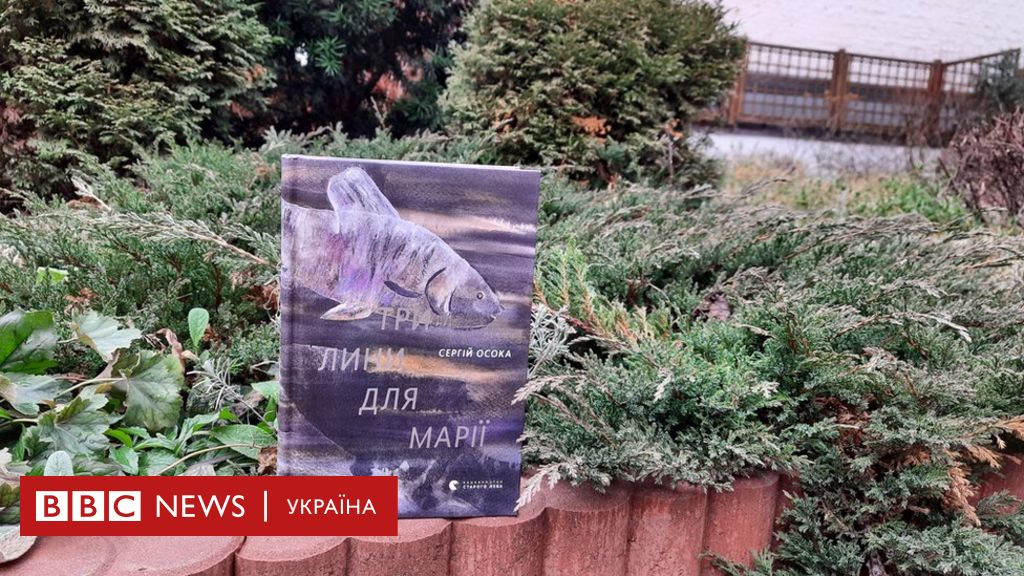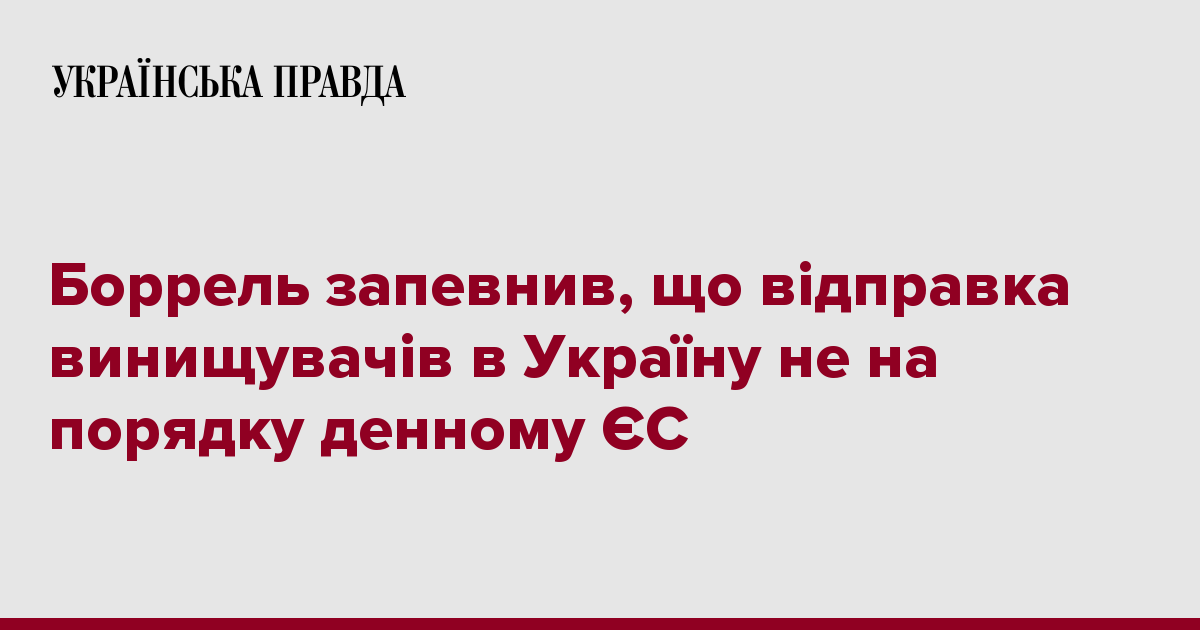The world that no longer exists is in Serhiy Osoka’s book
- Vera Ageeva
- Professor of Kyiv-Mohyla Academy, first jury
Review of the jury’s song by Vira Ageeva on the book “Three Lines for Maria” by Serhiy Osoka, which was included in the short list of the BBC Book of the Year 2021.
Serhiy Osoka’s mood short story is immersed in a world that already exists only in memory. This is the growth of the history of rural childhood, growing up, this is a space where living communication has not yet been replaced by telephone. And the news is learned from the postman, who rides from house to house on an old squeaky bike.
This space is self-sufficient, for many characters of the book is familiar and expensive. The writer’s heroes often confess their love for him. As in the story “What I forgot there” – a kind of memory of reluctant to any travel boy. For him, a trip to the pioneer camp – for punishment, visiting the city is just boring and clarifies that all those urban delights – are worth nothing compared to swimming in the river and early shaking crayfish from the liver.
The rhythm of daily life is unhurried, unpredictable events almost do not happen, hurry as if nowhere. But it is in such a slow time that the ability to notice, isolate and appreciate the observed details, micro-plots, small adventures that happen anywhere appears. One of them, for example, stunned two teenagers in love.
In this book, several short novels are combined into the story of the first school love. We watch the timid attempts of the story to somehow get along with the impregnable Katka in a red jacket, which seems to him almost a mysterious alien. Looking not so much for mushrooms as for solitude and rapprochement, or perhaps for “what is not really there”, the boy and the girl got lost far away in the woods and frightened uninhabited deer people. And suddenly “in her eyes there is an expression that happens there in the region. And I’m in a hurry to enjoy that moment, because the next one will not be soon.” This charming change occurred when meeting beauty in its purest form, with the mysterious and unusual.
But this happens infrequently. And the new walk still needs to be able to escape from the vigilant maternal supervision, from the multitude of household responsibilities. Serhiy Osoka’s escaped characters are always under the protection of their grandmothers. And treat with cakes, and interrogate will not be superfluous. Lonely old people instead want to tell about something they have experienced for a long time. Memories of the post-war period are woven into a separate plot in the book.
Among the brightest – at least a vignette from 1953. This is another year when the new, newly built village school, now abandoned and destroyed, barely accommodated “hungry but noisy” children. “When Stalin died, children were lined up in the schoolyard. Boys with their hair cut, repainted kitchens and clumsy boots, and girls in white handkerchiefs and washed-out skirts. Education was then less interesting to children than food.” And the children were surprised to see that the teachers were crying. And when they heard: “Today the leader of the peoples died – our favorite leader Stalin” – they cried themselves.
What made these disadvantaged adults, exhausted by hardships, adults and children? What fears and traumatic syndromes did they strengthen with their tears? And didn’t the teachers look at each other, trying to show their love for the government, which provided them with some kind of salary?
Sergei Osoka is able to tell stories through appeals to things, objects that become carriers of memory. In the story about the school, a small doll stuck between the window frames becomes a reminder of the past, when a first-grader wanted to throw her friend in the yard. And so the toy remained there forever, as long as the village empty school stood. And reminded of children who once played in the hollow corridors, filled the bustling classes. Maybe the building missed the old days.
And from the owner of the doll, passing by, she did not even recognize her toy and did not look at the old quiet building. This is how ties with childhood are broken, and, finally, the relationship between generations. And memorabilia becomes a necessity when their emotional value is reported in the human mind.
And since the early nineties, when added to the price tags in stores appeared almost every month, for the story of the short story “Milo Patu’s soap” is associated with a box of French soap, seen in a department store. And tied with a beautiful ribbon with gold embossing cost a quarter of my mother’s monthly salary. And, of course, she could not afford such extravagance. Only once in the corner did she come to look at that symbol of something inaccessible to her life. It was not about soap, but about a dream: and her eight-year-old son understood that. For a long time he collected money from his own pockets, and when he came to the store with shaken pennies, it turned out that the magic box had long been sold. The son reminded his mother of this story as an adult. And he learned that the saleswoman told his mother about his attempt to buy a gift.
The whole collection “Three Lines for Mary” is somehow imbued with a pinch of nostalgia for a time when the grass was taller and the child lacked many things, but not love.




